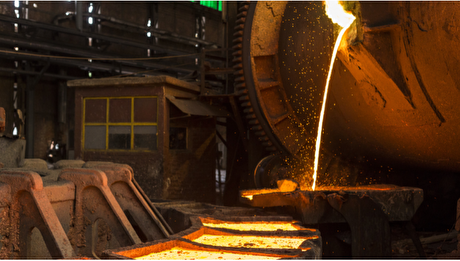
Indigenizing petchem catalysts: a big step toward total independence
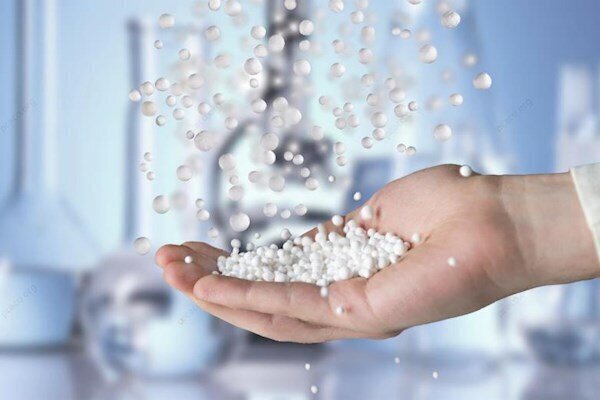
The industry became more significant since the re-imposition of U.S. sanctions on the country’s oil industry and since then, the government has been taking serious measures to expand the industry and move toward self-sufficiency.
Cooperating with capable domestic knowledge-based companies and startups is one of the very fruitful steps that the oil ministry has taken in its efforts to reach complete independence from the foreign resources for meeting its equipment needs.
In this regard, the country’s Petrochemical Research and Technology Company (PRTC) has played a very significant role in collaborating with such companies for working on innovative research projects for producing various equipment and base-products needed in the industry.
Earlier this month, the PRTC’s Managing Director Ali Pajouhan announced that National Petrochemical Company (NPC), in collaboration with domestic companies, is planning to indigenize the knowledge for producing nine major catalysts used in the petrochemical industries within the next two years.
Catalyst is a substance that increases the rate of a chemical reaction in the process of creating a petrochemical product; the catalyst itself is not consumed in the catalyzed reaction and can continue to act repeatedly. Because of this, only very small amounts of catalyst are required to alter the reaction rate in most cases.
However, catalysts are very expensive substances and currently, the country is spending millions of dollars every year on importing such products into the country, producing such catalysts inside the country would make a huge difference in the profitability rate of the petrochemical plants.
Iranian petrochemical industry is currently using 40 different types of catalysts which cost the industry $260 million annually.
“Currently, the knowledge for producing 16 of the mentioned 40 types has been indigenized which would save the country $105 million every year.” Ali Pajouhan said, adding that “We plan to produce over $100m worth of petrochemical catalysts annually, by the end of the Iranian calendar year of 1400 (March 20, 2022).”
Mass production of petrochemical catalysts would also mean that Iran could become an exporter of such products and besides the significant increase in the revenues from the industry, further cement its role as one of the world's and region’s major petrochemical producers.
According to NPC officials, the company has already signed 20 contracts with knowledge-based companies for mass production of catalysts and 70 research projects are also underway in this regard.
In early January, NPC held a seminar on the indigenization of petrochemical industry catalysts in Kish Island.
According to the seminar’s Executive Secretary Mohammad-Amin Ebrahimi, the mentioned seminar was aimed to create a common language and synergy between catalyst producers and consumers and also to provide a platform to discuss and evaluate the performance of the native catalysts.
As I mentioned before, petrochemical is Iran's most important industry after oil and gas, and the National Petrochemical Company hopes to lift output capacity to 120 million tons per annum by 2022.
The petrochemical industry has played a key role in domestic economic growth as it creates value-added and reduces the sale of oil and gas on which the economy has been dependent for decades.
With abundant hydrocarbon reserves and new private sector investments, Iran is working hard to broaden the scope of its petrochemical industry, and indigenizing the catalysts needed in this industry would be a huge step toward a brighter future for the country.

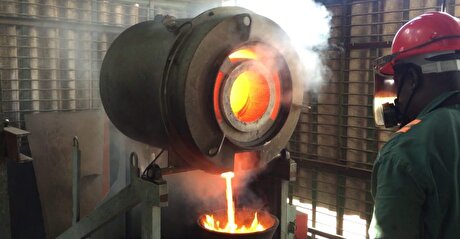
Zimbabwe labs overwhelmed as gold rally spurs exploration, miner says
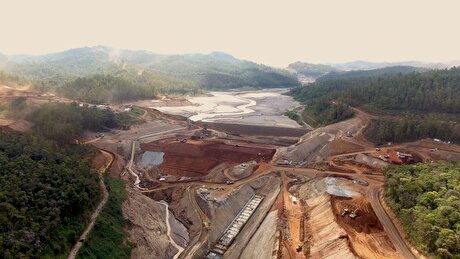
Samarco gets court approval to exit bankruptcy proceedings

Cochilco maintains copper price forecast for 2025 and 2026

Gold price stays flat following July inflation data

Mosaic to sell Brazil potash mine in $27M deal amid tariff and demand pressures

HSBC sees silver benefiting from gold strength, lifts forecast

Glencore seeks $13 billion in incentives for Argentina copper projects
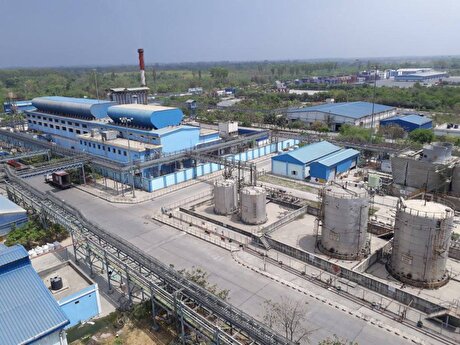
Hindustan Zinc to invest $438 million to build reprocessing plant
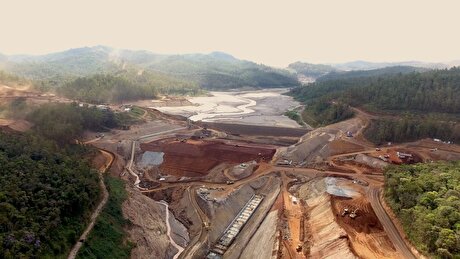
Samarco gets court approval to exit bankruptcy proceedings

Abcourt readies Sleeping Giant mill to pour first gold since 2014

Roshel, Swebor partner to produce ballistic-grade steel in Canada

EverMetal launches US-based critical metals recycling platform

Iron ore price dips on China blast furnace cuts, US trade restrictions

Afghanistan says China seeks its participation in Belt and Road Initiative

Gold price edges up as market awaits Fed minutes, Powell speech
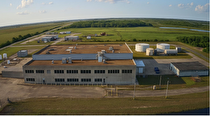
Flash Metals USA advances critical minerals recovery plant in Texas

Glencore trader who led ill-fated battery recycling push to exit

US hikes steel, aluminum tariffs on imported wind turbines, cranes, railcars
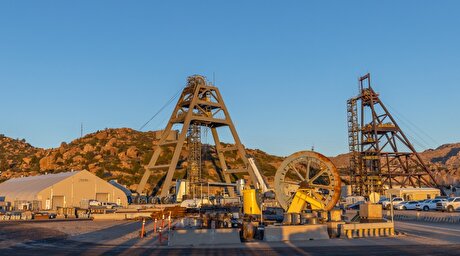
US appeals court temporarily blocks land transfer for Resolution Copper

Abcourt readies Sleeping Giant mill to pour first gold since 2014

EverMetal launches US-based critical metals recycling platform

Iron ore price dips on China blast furnace cuts, US trade restrictions

Afghanistan says China seeks its participation in Belt and Road Initiative

Gold price edges up as market awaits Fed minutes, Powell speech

Flash Metals USA advances critical minerals recovery plant in Texas

Glencore trader who led ill-fated battery recycling push to exit

US hikes steel, aluminum tariffs on imported wind turbines, cranes, railcars

US appeals court temporarily blocks land transfer for Resolution Copper














